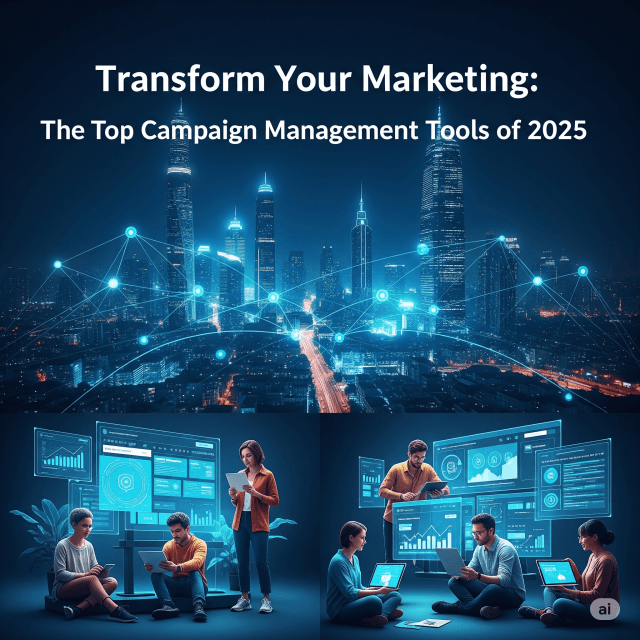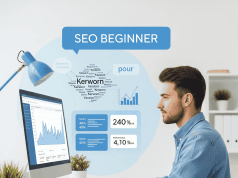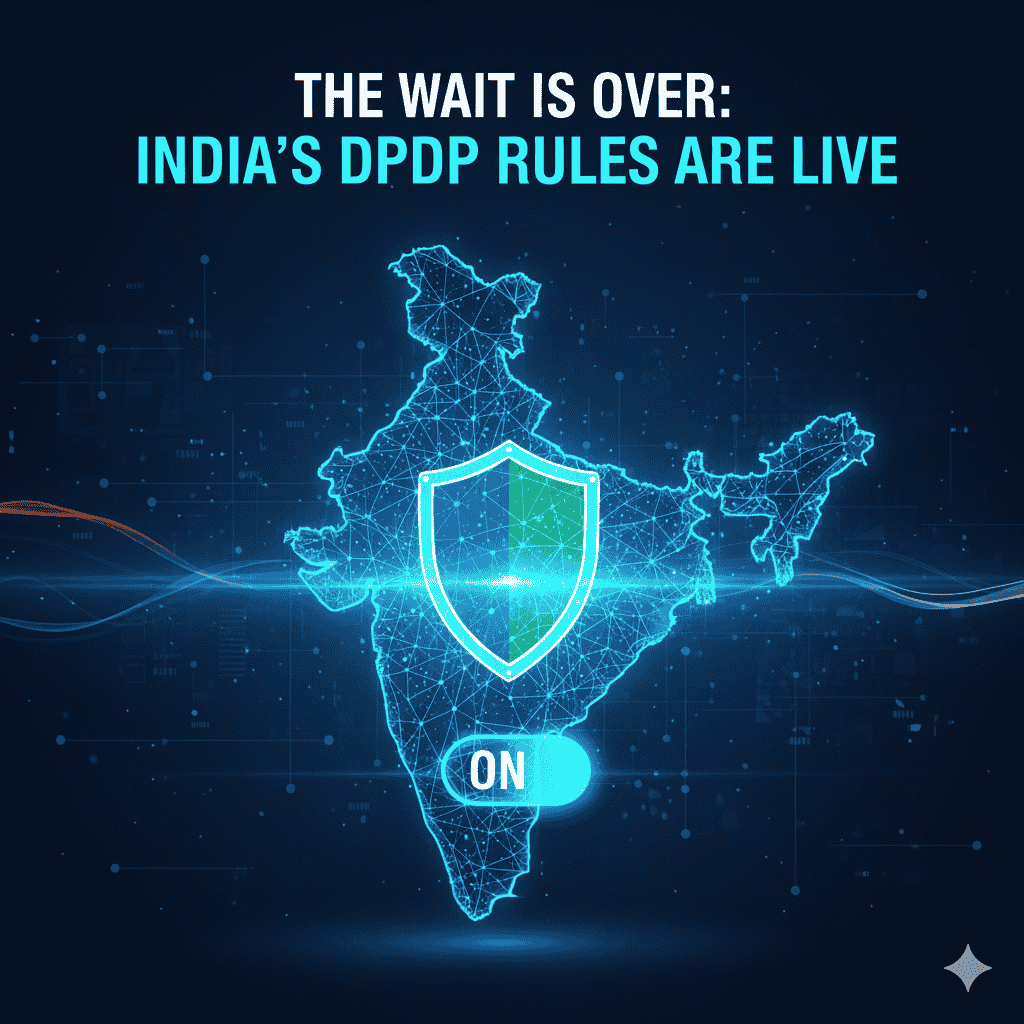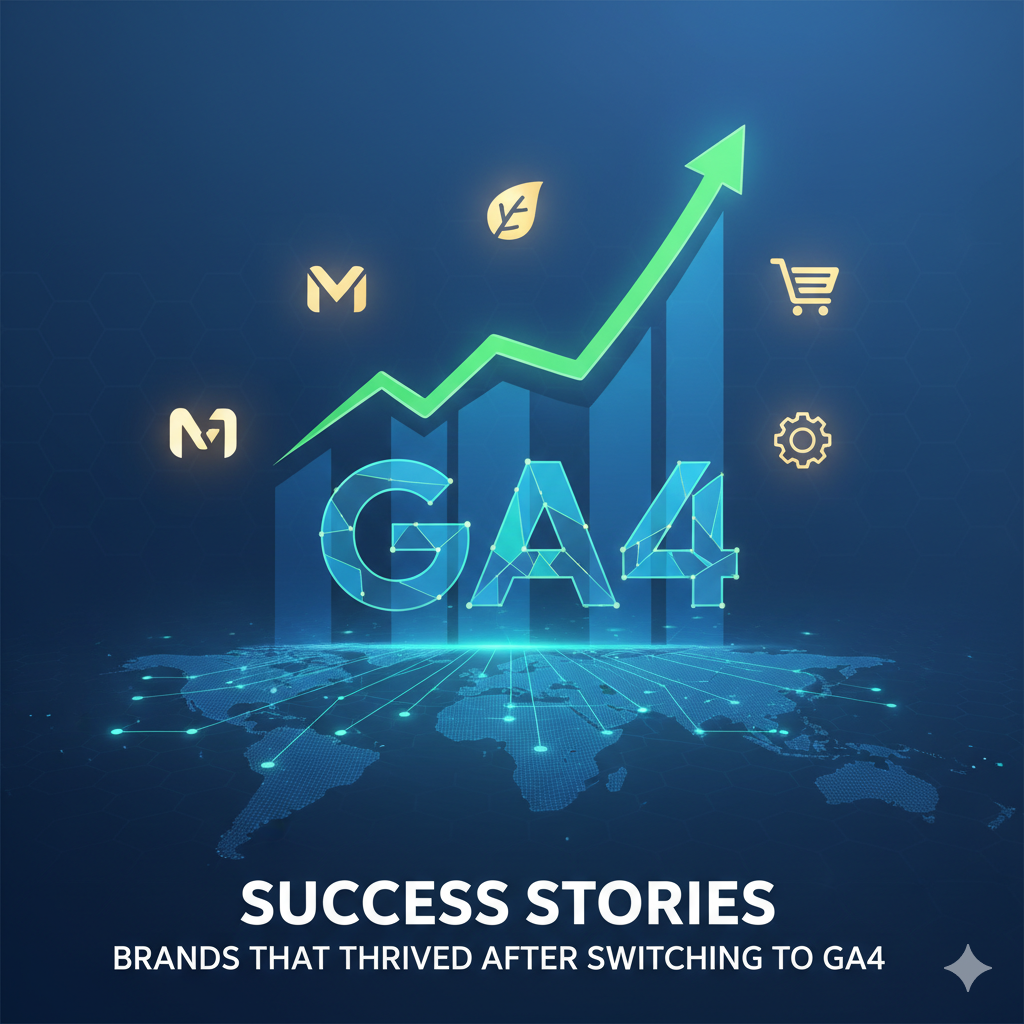In the rapidly evolving landscape of digital marketing, effective campaign management is more crucial than ever. Brands must not only capture attention but also engage users in meaningful ways across various channels. The right campaign management tools are essential for achieving this, allowing marketers to streamline processes, analyze performance, and ultimately drive results. Here’s a look at some of the top campaign management tools of 2025 that can transform your marketing strategy.
1. HubSpot
Overview: HubSpot has long been a favorite among marketers for its all-in-one approach. It combines with CRM capabilities, email marketing, content management, and social media tools, providing a robust platform for managing campaigns.
Key Features:
- Lead Management: Track and nurture leads through a customizable pipeline.
- Email Marketing Automation: Create personalized email campaigns based on user behavior.
- Analytics and Reporting: Gain insights into campaign performance with real-time data visualization.
Why Use It?: HubSpot’s intuitive user interface and extensive integration options make it suitable for businesses of all sizes. Its educational resources also help marketers improve their skills and strategies.
2. Mailchimp
Overview: Originally known for email marketing, Mailchimp has evolved into a powerful marketing platform featuring tools for campaign management, CRM, and automation.
Key Features:
- Email Campaign Creation: User-friendly design tools for creating eye-catching emails.
- Multi-Channel Campaigns: Manage and optimize campaigns across email, social media, and more.
- Advanced Segmentation: Target specific audience segments to boost engagement.
Why Use It?: Mailchimp is perfect for small to medium-sized businesses looking to implement sophisticated marketing strategies without a steep learning curve. Its free tier also provides great value for startups.
3. Asana
Overview: While Asana is primarily a project management tool, its features make it incredibly effective for campaign management. It helps teams collaborate and maintain clarity throughout the campaign lifecycle.
Key Features:
- Task Management: Assign tasks, set deadlines, and track progress seamlessly.
- Calendar View: Visualize your entire campaign timeline for better planning.
- Integrations: Connect with numerous other apps for enhanced functionality.
Why Use It?: Asana’s collaborative features foster teamwork, ensuring everyone is aligned with their tasks and deadlines, which is crucial for successful campaign execution.
4. Trello
Overview: Trello is known for its card-based project management system, which can be adapted for campaign management. Its visual interface enables easy tracking of campaign stages.
Key Features:
- Custom Boards: Create boards for different campaigns and organize tasks via cards.
- Automation: Utilize built-in automation (Butler) to reduce repetitive tasks.
- Power-Ups: Enhance functionality with various integrations.
Why Use It?: Trello’s simplicity and visual approach make it ideal for teams that thrive on organization and communication. It’s particularly useful for creative teams managing complex campaigns.
5. Marketo Engage
Overview: A leader in marketing automation, Marketo Engage provides advanced capabilities for executing and optimizing campaigns across various channels.
Key Features:
- Demand Generation: Employ tools for lead scoring, nurturing, and conversion.
- Multi-Channel Marketing: Manage campaigns using email, web, and social strategies.
- AI-Powered Insights: Get predictive analytics to refine campaign strategies.
Why Use It?: Marketo is well-suited for larger enterprises with complex marketing needs. Its robust feature set supports in-depth targeting and personalization strategies.
6. Buffer
Overview: Buffer is a social media management tool that allows businesses to schedule, publish, and analyze posts across various platforms, making it a vital part of any campaign strategy.
Key Features:
- Post Scheduling: Plan and automate social media posts for optimal engagement.
- Analytics: Measure performance and audience engagement in real-time.
- Team Collaboration: Enable multiple users to manage social media efforts efficiently.
Why Use It?: Buffer is especially advantageous for organizations focusing on social media campaigns. Its user-friendly interface simplifies complex social media strategies.
7. Hootsuite
Overview: Hootsuite is another industry leader in social media management. Its comprehensive dashboard provides real-time insights into social media campaigns.
Key Features:
- Centralized Management: Manage multiple social accounts from one place.
- Content Curation: Discover and share relevant content to increase engagement.
- Social Listening Tools: Monitor brand mentions and industry trends.
Why Use It?: For marketers looking to enhance their social media campaigns, Hootsuite’s extensive features make it an invaluable tool for engagement and analytics.
Conclusion
In 2025, the landscape of marketing campaign management continues to shift rapidly, driven by evolving technologies and consumer expectations. The tools outlined in this article can empower marketers to create efficient, impactful campaigns that resonate with their audience. By leveraging these platforms, brands can effectively transform their marketing strategies and achieve sustained growth in an increasingly competitive environment. Whether you’re a small business or a large enterprise, investing in the right campaign management tool is essential for marketing success.









